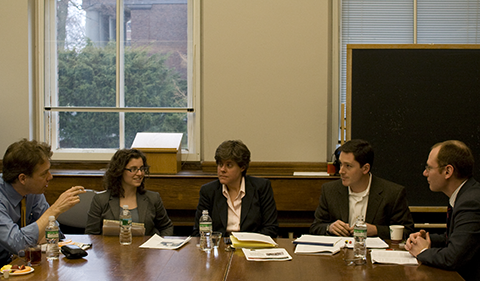Not ready for Windows Vista
ø
Brothers consulting on their computing environment.
While not ready for Vista, we were ready for a new scanner/ copier/ printer.
Coco and Jo at Pine St somewhere in the South.
Jo was our mother. She took me to see “Gone with the Wind.” I don’t remember how many times.1 My mother went into reveries about men with gleaming sabres on horseback2. She remembers how handsome Billy Westmoreland looked in his uniform when he came to church3. I suspect “The Wind Done Gone4” is more my style.
1Frankly Scarletti, I don’t give a damn.
2She was, however, partial to gray uniforms.
3I guess West Point Gray was close enought for herii. She could have held out for Annapolis Blue, but she married a Pennsylvania Dutch school teacher. Go figure.
4Make-believe, it would seem, in the Mind of the Law is real enough to merit the attention of the Eleventh Circuit of the U.S. Court of Appeals. Was this case really about the money or was it about who owns history?
IJo was a redhead too, but I was more circumspect with her.
IIShe thought Billy got a raw deal about that “Viet Nam businessi.”
iShe was aware of the cautionary departing address of President/General of the Army Dwight David Eisenhower, for whom she and Guy both voted, but it seems to have had little or no effect on either of them.


